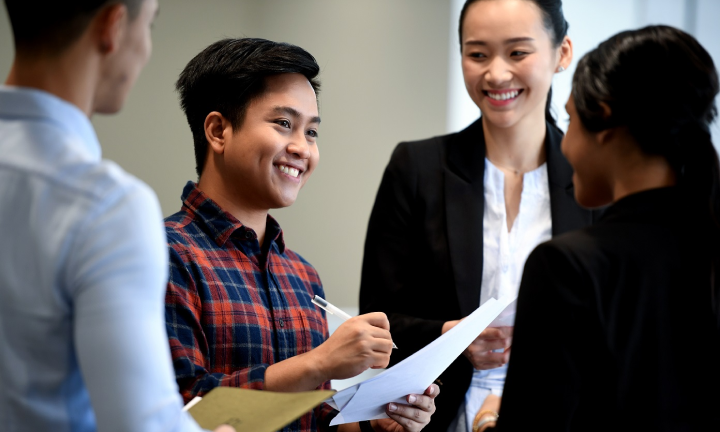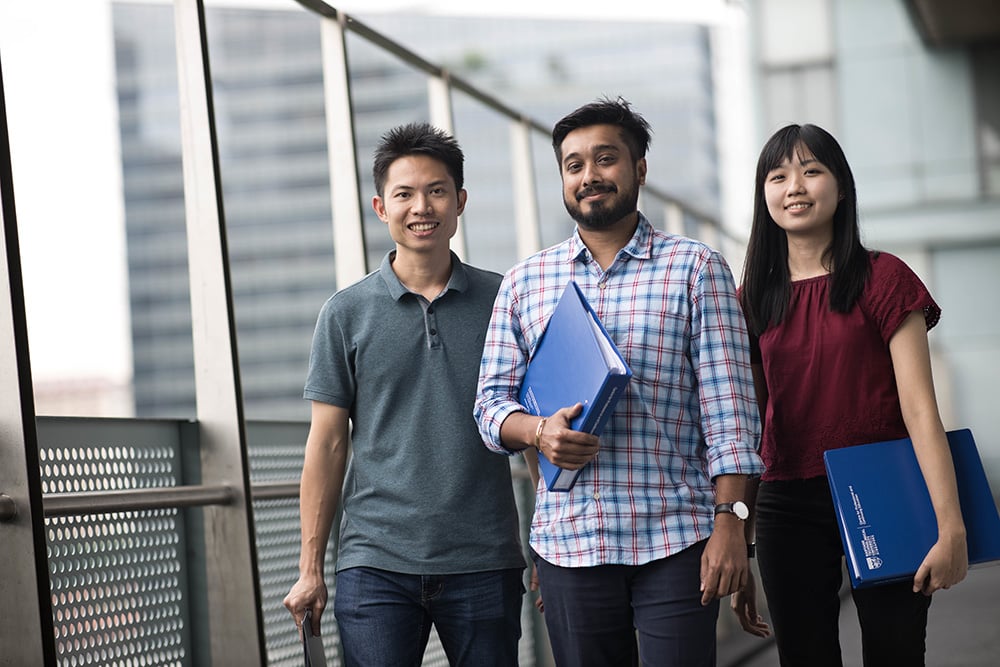Introduction
This annual Basic Orthopaedic Biomechanics course started in year 2004 in conjunction with the Orthopaedic Advance Surgical Training Syllabus in Singapore. Starting in year 2009, this course is conducted in two parts. Orthopaedic trainees should take Part 1 and Part 2 on different years. Part 1 consists of bone mechanics, upper and lower limb mechanics and practical sessions. Part 2 consists of revision, spine mechanics, soft tissue and practical sessions.
Upon successful completion of the course, learners will receive an "NTU Certificate of Completion".
Objectives
The objective of this course is to allow participants to understand the biomechanics of bone and joints. With the appreciation of the engineering aspects of biomechanics, participants will be equipped to initiate research projects that interest them.
Outline
Day 1: (full day, 0900 to 1700hrs)
1. Bone Mechanics Structure and composition of bone. Basic biomechanical concepts. Properties of bone. Fracture fixation. Experimental measurements. Clinical applications/examples.
2. Biomechanics of Upper and Lower Limbs (Session 1) Structure and loads of the upper and lower limbs. Upper limb: shoulder, elbow, wrist, and hand. Lower limb: hip, knee, ankle, and foot. Joint replacements. Clinical applications/examples.
3. Practical Session 1
Day 2: (half day, 0900 to 1200hrs)
4. Biomechanics of Upper and Lower Limbs (Session 2) Structure and loads of the upper and lower limbs. Upper limb: shoulder, elbow, wrist, and hand. Lower limb: hip, knee, ankle, and foot. Joint replacements. Clinical applications/examples.
5. Practical Session 2
Note:
- This course is accredited with CME credits, awarded by the Singapore Medical Council.
- Lunch is provided for Day 1 only.
Who should attend
All interested medical support staff, orthopaedic clinicians and engineers.
Criteria:
- Trainees must attend Part I before attending Part II
- Trainees cannot attend both parts in the same calendar year, unless with prior permission from the Professor or the Singapore Medical Council
Fees and Funding
Standard Course Fee: S$1,144.50
|
SSG Funding Support |
Course fee |
Course fee payable after SSG funding, if eligible under various schemes |
|
|
BEFORE funding & GST |
AFTER funding & 9% GST |
||
|
Singapore Citizens (SCs) and Permanent Residents (PRs) (Up to 70% funding) |
S$1,050.00 |
S$343.35 |
|
|
Enhanced Training Support for SMEs (ETSS) |
S$133.35 |
||
|
SCs aged ≥ 40 years old |
|||
- Standard course fee is inclusive of GST.
- NTU/NIE alumni may utilise their $1,600 Alumni Course Credits. Click here for more information.
Trainers
Dr Andy Yew
Dr Yew is currently a research scientist with the Department of Orthopaedic Surgery at Singapore General Hospital. After graduating with a B.Eng (1st Class Honours) in Mechanical Engineering at University of Bradford in 2000, he obtained his PhD in Mechanical Engineering in 2004 with his study on contact mechanics and lubrication study of metal-on-metal hip implants. His research interests include biomechanics, contact mechanics, motion analyses, finite element modelling, and bioimaging.

Dr Denny Lie
Dr. Lie is currently a Consultant in the Department of Orthopaedic Surgery, Singapore General Hospital. He is also an Adjunct Associate Professor, School of Mechanical and Aerospace Engineering, Nanyang Technological University, since Sept 2006 and Co-Director, MSc (Biomedical Engineering) programme, Nanyang Technological University, since 2005. His research interests include rotator cuff strain studies, orthopaedics biomechanics, ACL reconstruction, meniscus repair and menisectomy, osteoporosis.

Dr Chou Siaw Meng
Dr. Chou SM obtained his BEng (Hons) and PhD in 1988 and 1992, respectively, from the University of Strathclyde, Scotland, UK. He is currently an Associate Professor in the Division of Engineering Mechanics at the School of Mechanical & Aerospace Engineering (MAE) in Nanyang Technological University (NTU), Singapore. He currently teaches "Mechanics of Materials" at the undergraduate level and has taught "Biomechanics" to Master of Science (Biomedical Engineering) students from year 2000 to 2010. His research interests include biomechanics of bones, tendons, joints and implants. Dr Chou has been involved in the organisation of Orthopaedic Biomechanics Course in conjunction with the Orthopaedic Advance Surgical Training Syllabus, together with SGH and NUH, from 1999 to 2003. He was the director of the MSc (Biomedical Engineering) programme at MAE, NTU from year 2000 to 2011.






